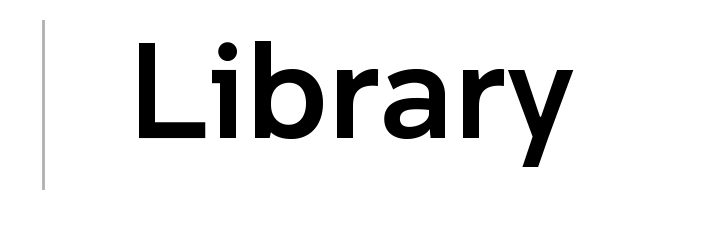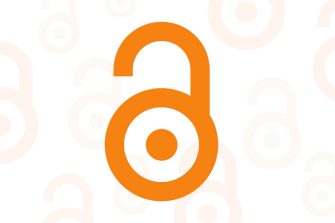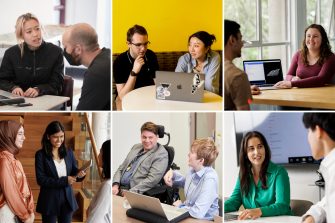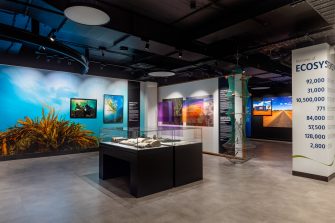UNSW Library supports the UN Sustainable Development Goals (SDGs)
UNSW Library supports the United Nations Sustainable Development Goals through our policies and programs.
The United Nations Sustainable Development Goals (UN SDGs) set out 17 Global Goals for the world to achieve by the year 2030. Libraries provide access to information, services and facilities that connect people to ideas and knowledge to improve their own lives, empower through education, and foster creativity and connection. At UNSW Library, sustainability and engagement are key parts of our mission and our contribution to societal impact.
UNSW Library is proud to be a member of Open Access Australasia, Australian Library and Information Association (ALIA) and International Federation of Library Associations and Institutions (IFLA). These national and international peak-sector bodies have been key in advocacy and awareness raising about the contribution libraries make to the Global Goals. From the negotiation process to agreeing to the Goals through to monitoring, IFLA’s advocacy work at the highest levels has seen more than half of the Voluntary National Reviews (VNR) in 2023 recognise the work of libraries. Voluntary National Reviews form the official report on progress submitted by each of the UN’s Member States during nominated years.
The Library supports the University’s work to measure progress as part of the Times Higher Education Impact Ranking and the services provided to the UNSW community. A selection of these are below.
Goal 16: Peace, Justice and Strong Institutions
UNSW's Open Access Policy and infrastructure including the UNSWorks institutional repository supports equitable access to information and UNSW research, so that everyone can benefit from knowledge that improves their work, health and society. More than 60% of UNSW’s research is now openly available to the world.
Goal 12: Responsible Consumption and Production
As part of the UNSW Environmental Sustainability Plan, the Library has rooftop solar PV systems and recycling facilities in place. There is a recycling box for batteries and mobile phones near the entrance on Level 2, Main Library. This recycling service is also available in staff areas within the Library.
Goal 4: Quality Education
Library collections provide equitable access to course resources, via Leganto course lists, which saves students money on textbooks and other materials for their courses. For more information about Leganto, see Create a course resources list for your students.
Quality education is central to our prescribed resources initiative. Prescribed course resources lower the cost of study and ensures thousands of students can access the required reading for their courses without having to buy textbooks and other materials.
Library services, resources and facilities provide vital and equitable support for quality education and student learning. For example, the Library Peer Mentors student peer mentoring service, support students' sense of belonging, connectedness, wellbeing and academic success.
Moreover, Library staff are trained in psychosocial safety, mental health, first responder and referral skills.
Exhibitions Program
Through the Exhibitions Program, UNSW Library collaborates with partners across the university to develop and stage exhibitions showcasing diverse research outcomes and collections. The Exhibitions Program establishes the Library as a space for discourse; a cultural centre point on campus where students, researchers and the broader community intersect. The Program improves the quality of education by providing opportunities for students to encounter and engage with leading research and ideas. The Program also reduces inequality through the implementation of inclusive curatorial practice, offering barrier-free exhibitions and experiences. Our current and past exhibitions have both directly and indirectly targeted SDGs.
- Living Water, partnered with Global Water Institute to reflect, celebrate and reaffirm UNSW's commitment to the stewardship of the planet's marine, freshwater and urban water ecosystems.
- !Do Something, a partnership with ADA's Wicked Collective for Climate Change and Sustainable Development, presented creative responses an interventions to the problem of Climate Change referencing one or more SDGs.
- Materials Revolution showcased research by the UNSW Centre for Sustainable Materials Research (SMaRT) whose transformative technologies reform hard-to-recycle waste into valuable industrial inputs, advancing responsible consumption and production.




